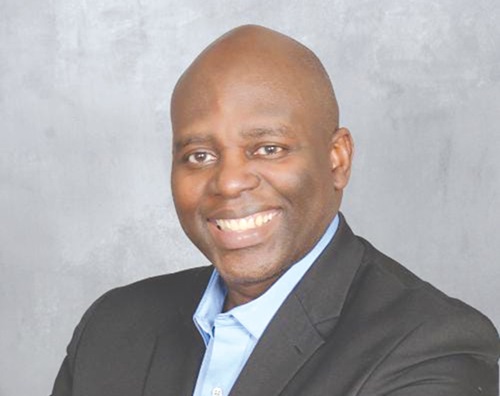The Project Director, Democracy Project and a governance expert, Dr John Osae-Kwapong, has stressed the need for greater collaboration and harmonisation among anti-corruption institutions to effectively combat corruption in the country.
He noted that the current fragmented approach to anti-corruption efforts was hindering progress.
"We need greater collaboration and harmonisation across all these institutions to ensure that the anti-corruption fight is a joint effort," Dr Osae-Kwapong stated.
Event
He was speaking on the topic "State of Corruption: Why the needle isn't moving- What Ghana's anti-corruption architecture is getting wrong" in a virtual discussion organised by the Ghana Anti-Corruption Coalition (GACC) last Sunday, June 8, 2025.
The discussion, hosted by Norvan Acquah-Hayford , a Managing Editor, Norvan Reports and Public Relations Manager, Ghana Link Network Services Limited, on X-Space, was supported by the William and Flora Hewlett Foundation.
It was part of the event to launch GACC's State of Corruption Report 2024, which assessed the country's performance on key corruption indices and efforts by state and non-state actors.
Single legislation
Dr Osae-Kwapong cited the example of a proposed single legislation that would bring all anti-corruption bodies under one umbrella, allowing for harmonisation to occur.
The idea, he said, was previously floated during the Ghana Integrity Initiative's work on a simplified guide to anti-corruption promises in political party manifestos for the 2024 election.
Dr Osae-Kwapong also highlighted the challenges that arose from overlapping jurisdictions among anti-corruption agencies.
"Sometimes you can run into situations where it is unclear what to report to CHRAJ, what the OSP can pursue, or what the Attorney General's office can take up," he explained.
Responding to a question on political accountability, Dr Osae-Kwapong asserted that it was possible in the country's two-party system but noted that it often only happened after a change in government.
He explained that while Ghana's democracy was characterised by a strong duopoly, political accountability could still be achieved.
He, however, noted that political accountability often only occurred after a turnover election, where a new government sought to hold the previous administration accountable.
"What we are experiencing so far is that political accountability only happens after a turnover election.
When you wait for turnover elections and engage in post-regime accountability, it becomes susceptible to our partisan politics where the narrative is always described as witch-hunting, political persecution, etc.," Dr Osae-Kwapong said.
To address this challenge, Dr Osae-Kwapong suggested that in-regime accountability should gain greater urgency, where a government held its own officers and appointees accountable for alleged acts of improper conduct.
Progress
On measuring progress in Ghana's anti-corruption architecture, Dr Osae-Kwapong suggested that indicators such as recovery of disallowed charges, successful prosecution of corruption cases and public perception of corruption could be used to track progress.
He emphasised the need for those found culpable of corruption to be punished administratively and legally to demonstrate the effectiveness of anti-corruption efforts.

